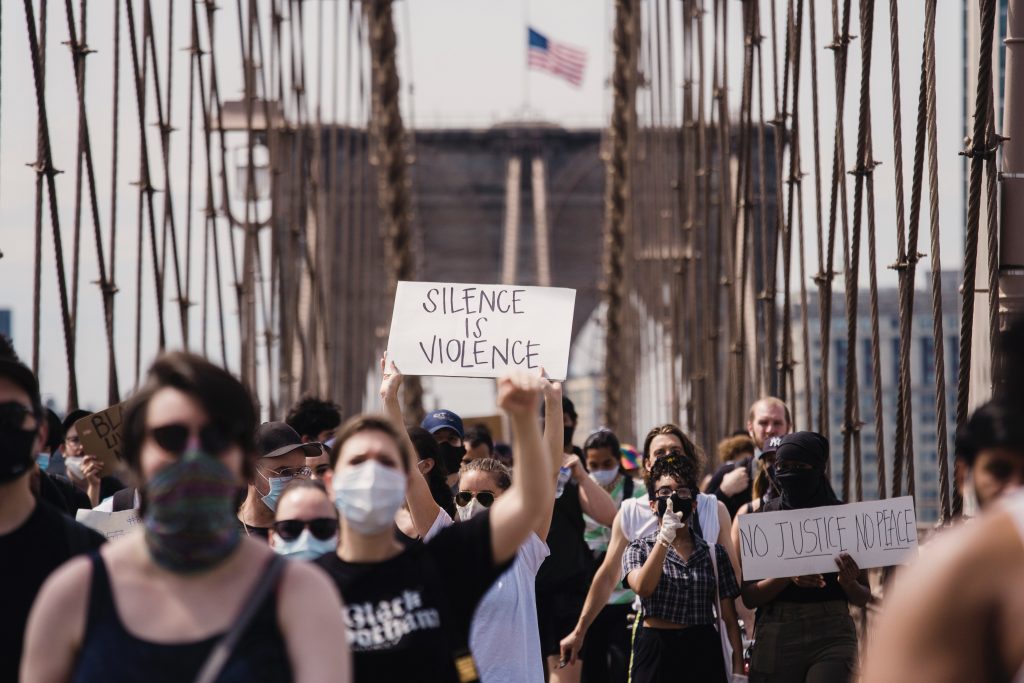
For those of you that know me, you probably know I teach high-school math. Perhaps you know I teach in San Francisco or at a school for recent-immigrants. You also may know I identify as a white male.
For some of you, what you may not know is that I am committed to and interested in up-ending the systems that perpetuate the advantages of some and disadvantages of others. I am particularly interested in learning how to change systems that disproportionally harm black and brown students and families – including my place in perpetuating these harms. I strive to be an anti-racist.
For others of you, what you may not know is that my Christian faith is a cornerstone of who I am and what motivates me to do what I do and form the relationships I do. Listening to stories from the Bible and particularly music that tells the story of grace, forgiveness, community, and those that God asks to lead inspire me and bring me peace.
As an anti-racist, I try to broaden my perspectives. This year I’ve enjoyed reading the perspectives of Bettina Love’s, We Want to Do More Than Survive, Ibram X. Kendi’s How to Be an Antiracist, and Jose Antonio Vargas’ Dear America. Although, I admittedly didn’t finish the book, I began reading White Fragility, as well. I engage with a group of white educators to talk about our identities and how it intersects with the students we teach – predominantly students of color. All of this work is a good start, but I’ve found the real work (and difficult work) happens in the day-to-day work and conversations with other educators.
This past few weeks I have been part of a few conversations where I was pushed to think about my own place in perpetuating the problems that exist in these systems. Both of the comments were given by people of color in response to what I shared. Whether they intended it to or not I ended up grappling with it for a while and feeling a few things – somewhere between defensive and shitty.
It wasn’t until a day or two after these conversations when I was on a run that I started to meaningfully reflect. For whatever reason, I threw on the Worship Now Spotify playlist and the song Grave Into Gardens came on.
I’m not afraid
To show You my weakness
My failures and flaws
Lord, You’ve seen them all
And You still call me friend
‘Cause the God of the mountain
Is the God of the valley
There’s not a place
Your mercy and grace
Won’t find me again
For the first time, I thought about how the beautiful message of God’s love for us intersects with antiracism work: not as an excuse to continue in ignorance, but to seek conversations that push us to grow, feel uncomfortable, and – at times – defensive and shitty. Knowing at the end of the day the Lord knows my weaknesses even before I do and still calls me friend is an invitation to continue this difficult but important work; to break the systems that continue to disadvantage some and build a world that honors all people.
Anti-racism work is difficult and, speaking in the skin I’m in, makes me feel defensive and like a shitty person from time to time. I think grace is the missing puzzle piece; unearned forgiveness. I find it in my Christian faith and the words of the Bible, but for those non-Christians still devoted to anti-racist work I think it’s still important to offer the same grace to each other – not to stand still or not engage in the work, but to challenge ourselves to move forward and despite our failures and flaws still call each other friend.